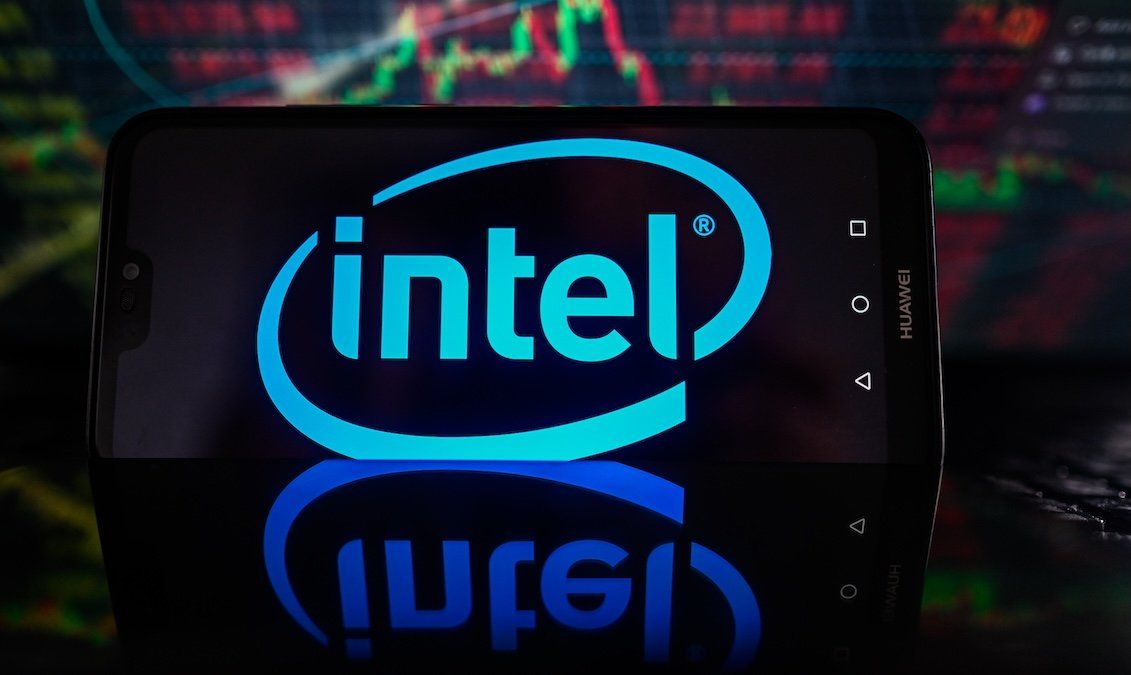Intel has publicly struggled to innovate in recent years, missing out on a windfall from artificial intelligence enjoyed by rivals.
While many semiconductor companies either design chips or manufacture them, Intel is an integrated device manufacturer — meaning, it does both. That said, it lost ground to chip-designing rivals like Nvidia and AMD and fabrication competitors like Taiwan Semiconductor Manufacturing Company and GlobalFoundries during the AI boom. As such, Intel’s stock has fallen 47% in the past year and 63% in the past five years.
Now, the vultures are circling. Broadcom is reportedly eyeing Intel’s chip design and marketing business while TSMC is considering bidding for some or all of Intel’s chip plants.
The proposed deals are still preliminary, but they come amid continuous struggles for Intel, which culminated in the resignation of its CEO Pat Gelsinger in early December. Even before that, in September, Qualcomm also inquired about a potential sale.
Any deal for Intel would be highly scrutinized by the US Department of Justice and the Federal Trade Commission, America’s two antitrust authorities, but also potentially considered for any national security ramifications, considering chip independence is a strategic priority for the US.
For now, Intel is still standing, but it very may be carved up in the months and years to come.
